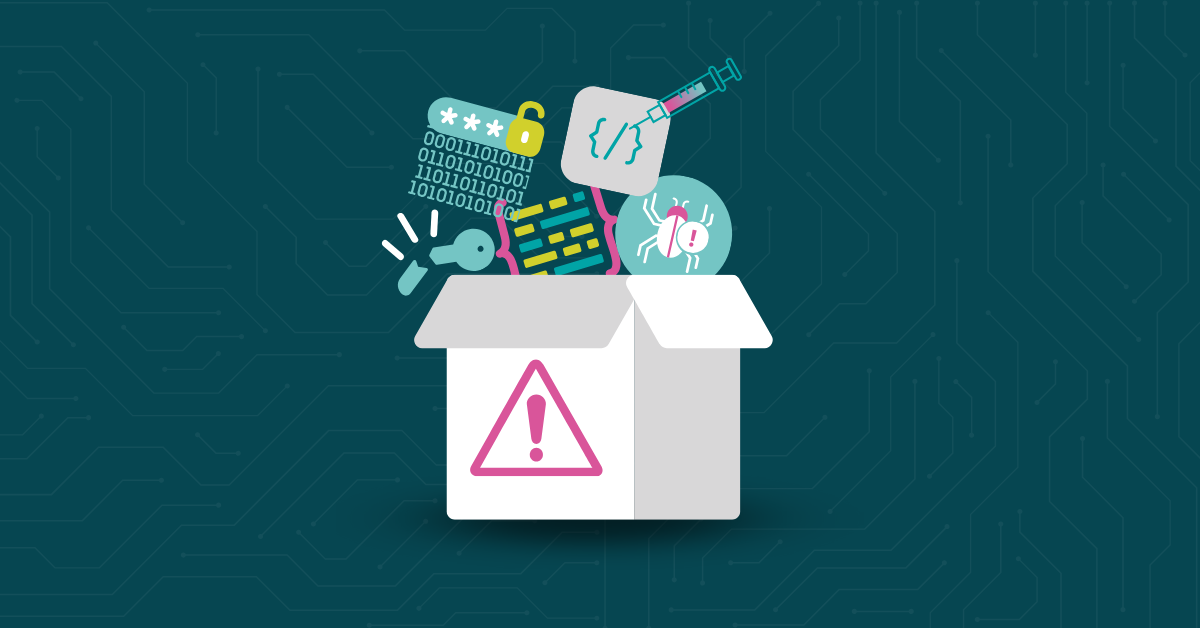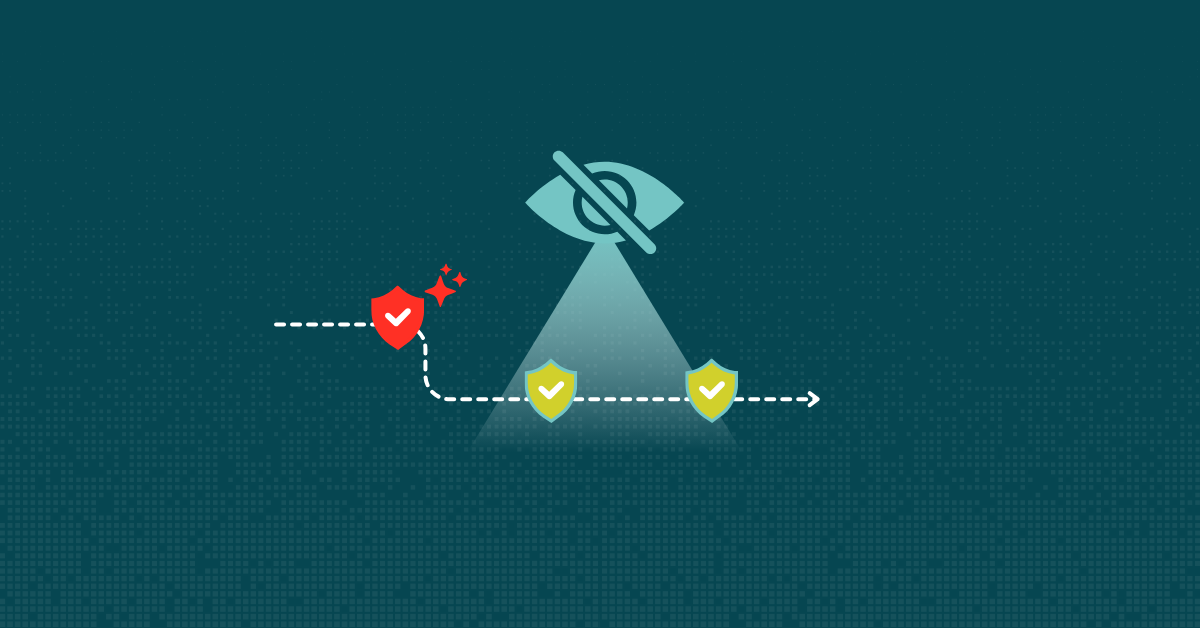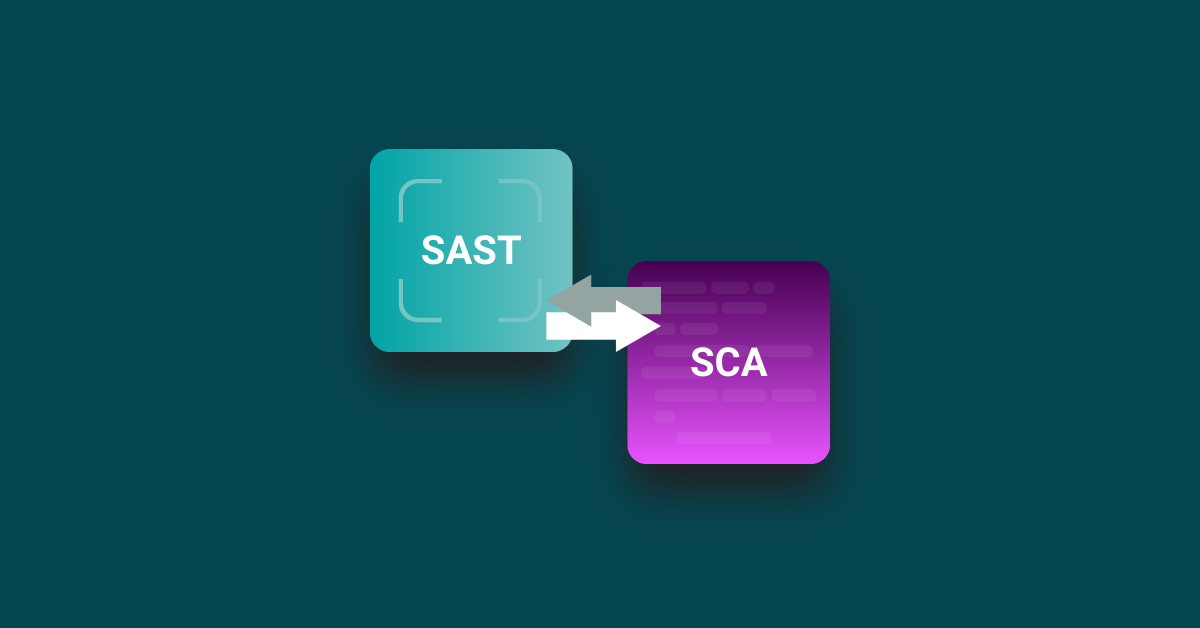
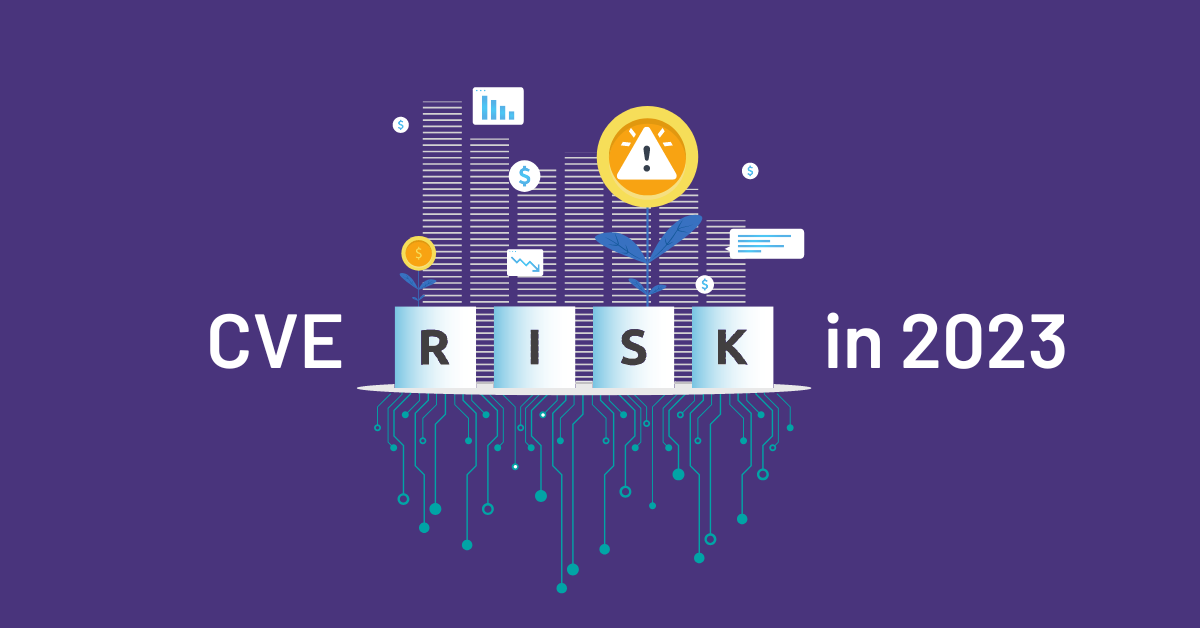
As developers, we know that security is paramount in our projects. But with the ever-evolving nature of cyber threats, staying up to date on the latest vulnerabilities and exposures (CVEs) can be difficult.
According to recent statistics, over 24,000 new CVEs were reported in 2022 alone. That’s an alarming number of potential risks for your project or business.
To help you stay ahead of the game, we’ve compiled a list of the top 5 CVE risks for developers to keep an eye on in 2023. These vulnerabilities have been identified as high-risk and could lead to severe consequences if left unaddressed.
At the top of our list, we have the critical command injection vulnerability Spring4Shell. This alarming security loophole was discovered in the Java-based web application development framework Spring in 2022. Targeting spring-core, one of the most widely used components of the framework, this vulnerability affects 74 percent of Java applications.
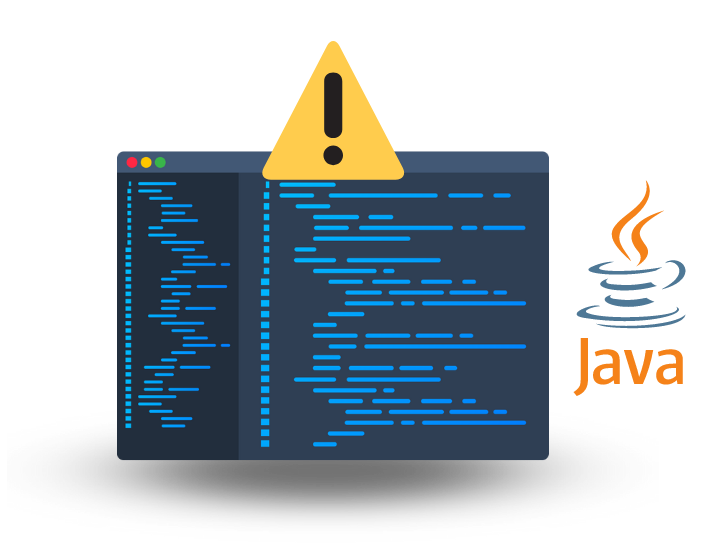
Spring4Shell gives malicious actors an easy way to execute arbitrary code when sending malicious requests to the server. The flaw lies in that attackers can manipulate parameters within requests, resulting in their code being executed on the server with the same privileges as the server itself. This has understandably left many users concerned and scrambling for solutions.
While the newer versions of Spring have addressed this vulnerability, those relying on legacy versions are still at risk. We recommend upgrading to the latest version of Spring as soon as possible to mitigate this CVE.
Google Chrome Zero-Day (CVE-2022-0609) is a critical vulnerability in the Google Chrome web browser, used by more than 2 billion users worldwide. Discovered in March 2022, it allows attackers to run arbitrary code on a user’s system by exploiting a flaw in the browser.

Cybercriminals could exploit this vulnerability through a variety of methods, including malicious websites, spam emails, and drive-by downloads. For example, simply visiting a compromised website or opening a malicious email attachment could result in an attacker gaining access to your system.
Google patched the vulnerability quickly, but many users remained unpatched, leaving their systems open to attack. As such, all Google Chrome users are advised to update their web browsers as soon as possible and practice safe browsing habits.
Another critical vulnerability on our list is Log4Shell (CVE-2021-44228). This security flaw was discovered in the logging component of Apache Tomcat server software. It allows attackers to execute malicious code on vulnerable systems by sending a specially crafted request. Hackers are responsible for over 1 million attacks by exploiting this vulnerability.
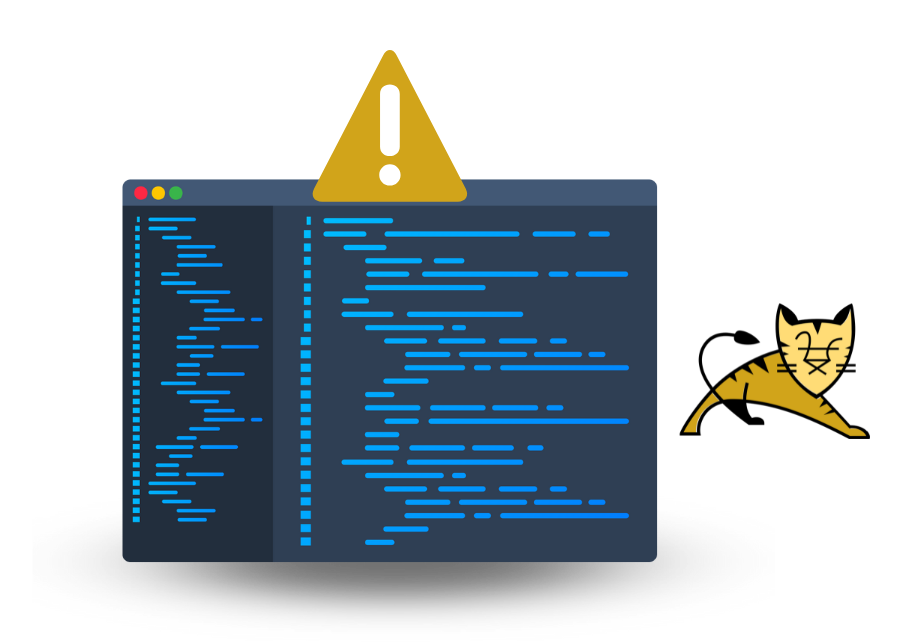
This is an especially concerning CVE, as it gives attackers complete control over a system. This could result in data theft, ransomware attacks, or other malicious activities. We recommend patching this vulnerability as soon as possible to protect yourself from a potential attack.
Although the vulnerability was patched in later versions of Tomcat, many systems remain unpatched and are still at risk of exploitation. This makes it crucial for all users of Apache Tomcat to update their software and implement additional security measures to ensure their systems are secure. Static application security testing (SAST) can also be used to detect and mitigate this particular CVE.
CVE-2017-11882, or the Microsoft Office Bug, is another serious security vulnerability that allows malicious actors to exploit users through social engineering techniques. According to a recent report by HP, CVE-2017-11882 accounts for almost 75% of data breaches.
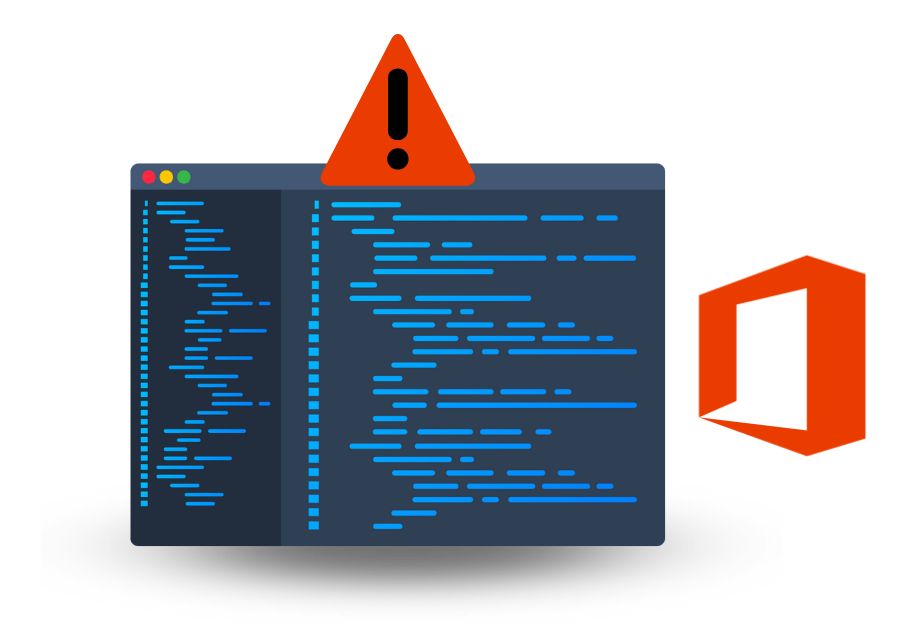
Attackers can easily exploit the vulnerability and execute arbitrary code on their system by sending users malicious emails with convincing subject lines or messages to get unsuspecting victims to open a malicious file. Depending on their intentions, this can result in data theft, ransomware attacks, or other malicious activity.
In addition to using malicious emails, attackers can also take advantage of the vulnerability by hosting a malicious website or providing users with a link that downloads and executes code on their system when clicked.
All Microsoft Office users must patch this vulnerability as soon as possible to protect their systems from potential attacks. Additionally, it is essential to be wary of suspicious emails and websites, only visit trusted sites, and always keep your software up to date with the latest security patches. Doing so will go a long way in protecting you from this type of exploit.
Last but certainly not least is CVE-2022-30190: Follina, discovered in the popular web framework Ruby on Rails. Chinese state-sponsored hackers were found exploiting this vulnerability to target the Tibetan community. Follina allows attackers to execute arbitrary code on the server using a flaw in the application’s parameter sanitization process.
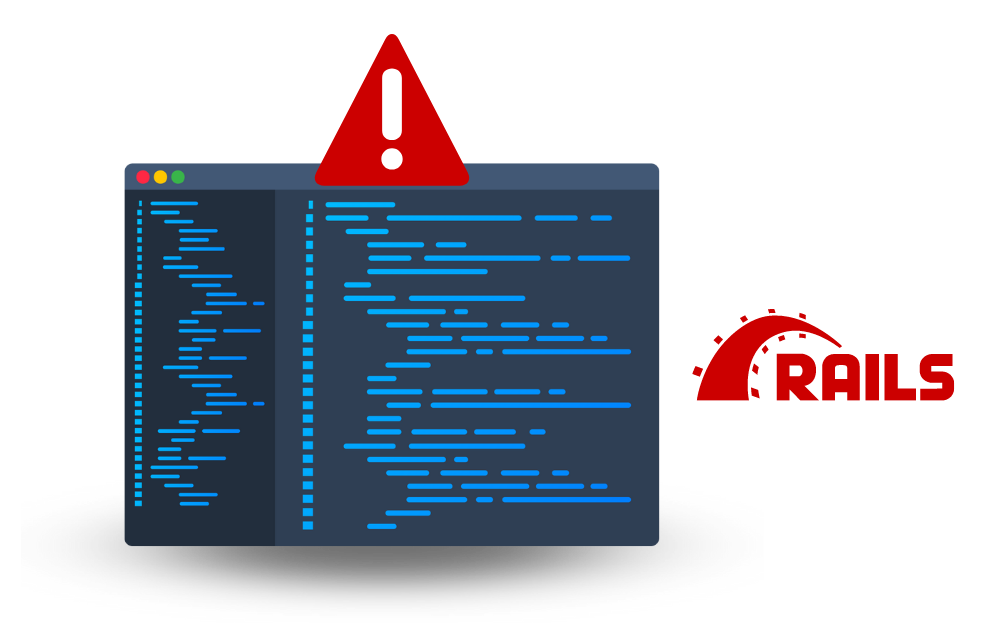
Due to the nature of this vulnerability, it could potentially be exploited remotely, making it a serious threat. As such, all users of Ruby on Rails are advised to patch this vulnerability as soon as possible to protect themselves from potential attacks.
In addition to patching the vulnerability, we recommend that users implement additional security measures, such as input validation and regular code reviews, to help ensure their systems remain secure. These steps can help reduce the likelihood of an attacker exploiting the vulnerability to gain access to sensitive data or perform other malicious activities.
The security landscape is constantly evolving, and new vulnerabilities are discovered all the time. Organizations must stay up to date on the latest security news, patch any known vulnerabilities, and implement best practices to ensure their applications remain secure.
At Kiuwan, we understand how important it is to ensure applications are secure and protected from potential vulnerabilities. That’s why we offer the most advanced software security solutions on the market, helping organizations proactively identify and eliminate any security flaws in their applications before hackers can exploit them.
By leveraging Kiuwan’s technology, organizations can easily assess their applications for any potential vulnerabilities and take steps to ensure their systems remain secure. In addition, our platform provides users with insights into the security of their applications, helping them stay ahead of the curve and keep pace with the ever-changing need for application security.
So if you’re looking for a comprehensive solution to protect your applications, look no further than Kiuwan. Get started today and gain complete visibility into the security of your applications. It’s just that simple.

